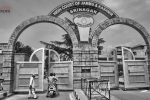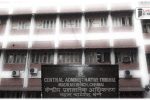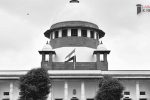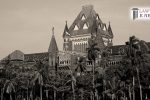Use of Religious Symbol in Election Material Constitutes Corrupt Practice: Supreme Court
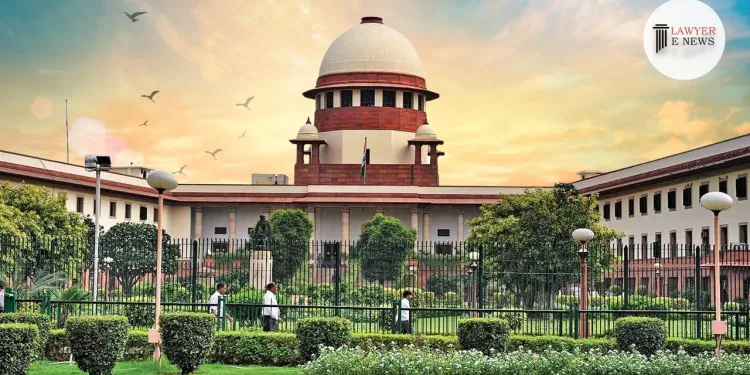
The Supreme Court of India, in its recent judgment, addressed the critical legal question of whether an election petition filed against K. Babu, the appellant, was unjustly rejected. The court scrutinized the provisions of the Representation of the People Act, 1951, particularly focusing on Sections 81, 83, and 123, to determine the validity of the petition’s rejection.
The case stemmed from the 15th Kerala Legislative Assembly election, where K. Babu emerged victorious. M. Swaraj, the first respondent, challenged Babu’s election, alleging corrupt practices, including the use of a religious symbol for canvassing votes. The High Court of Kerala had earlier refused to dismiss the petition, leading to Babu’s appeal to the Supreme Court. The appellant argued non-compliance with the statutory requirements in filing the election petition, focusing on Sections 81 and 83 of the Representation of the People Act, 1951.
The Supreme Court, after careful examination, rejected the appellant’s contention regarding non-compliance with Section 81. The court observed, “The statutory provision unequivocally stipulates as to what is required to be done to comply with the mandate thereof.” On the issue of corrupt practices under Section 123(3), the Court found prima facie evidence that the appellant used a religious symbol in election material, which constitutes a corrupt practice. “The use of the picture of Lord Ayyappa in the slips distributed by and on behalf of the appellant constitutes a corrupt practice,” the Court noted.
The judgment delved into the intricacies of the Representation of the People Act, 1951, interpreting its provisions concerning the presentation and contents of an election petition. The Court clarified that non-compliance with Section 83 is not fatal and can be cured, distinguishing it from the mandatory compliance required under Sections 81, 82, and 117.
The Supreme Court dismissed the appeal, upholding the High Court’s decision to proceed with the trial of the election petition. The Court affirmed that the petition raised a substantial issue under Section 123(3) of the Act of 1951, warranting a full trial.
Date of Decision: February 12, 2024.
Babu vs. M. Swaraj and Others


